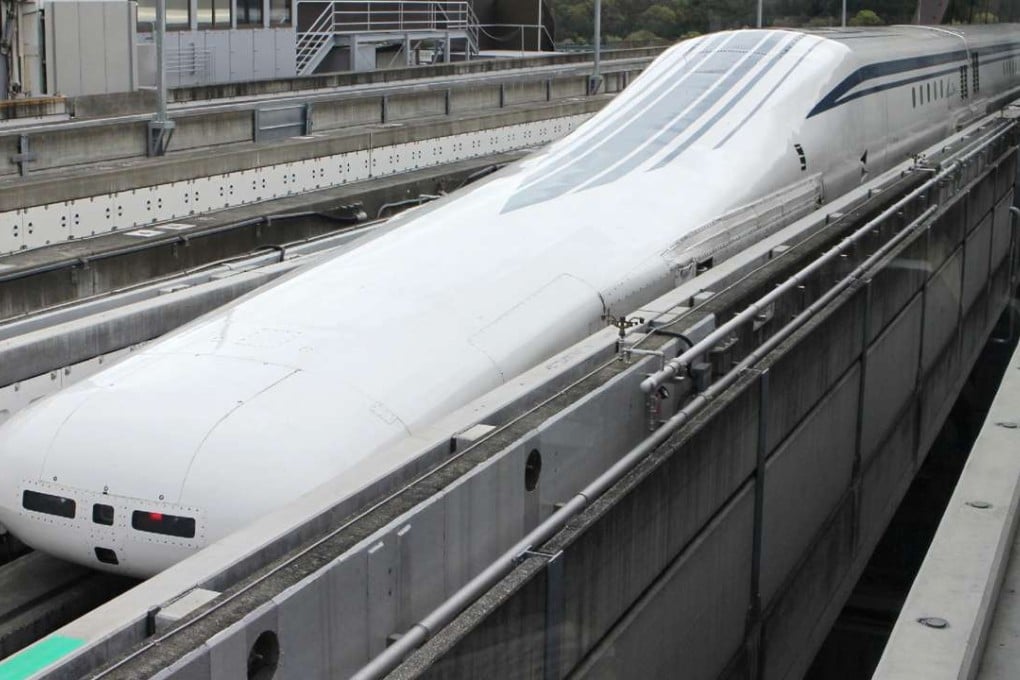Abe pitches Japan’s maglev trains to the US, touting New York to Washington in 40 minutes

Japanese Prime Minister Shinzo Abe is pitching Japan’s maglev technology for the railway system in the United States.
Speaking in a meeting with US business leaders and financial experts in New York on Wednesday, Abe said that in the late 2030s, a maglev train linking Tokyo to Nagoya in central Japan will take just 40 minutes - an hour shorter than currently required for the shinkansen bullet train. The two cities are about 260km apart, as the crow flies.
“The distance between Tokyo and Nagoya is almost the same as that between New York and [Washington] DC,” he said. “You could do the same thing here with the maglev technology.”

In the speech, the prime minister said Japan will continue to serve as “an engine for free trade,” and expressed determination to implement a pending Pacific trade pact and to conclude a free trade agreement between Japan and the European Union “as soon as possible.”
Abe called for Washington’s leadership in putting into force the 12-nation Trans-Pacific Partnership free trade pact despite opposition by both Democratic and Republican presidential nominees, former Secretary of State Hillary Clinton and business mogul Donald Trump.
